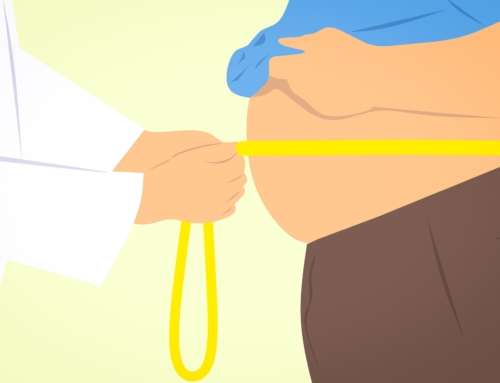Mood issues like depression lumps everyone together in one category. However, there are many different kinds of depression that you may have never heard of and you will be surprised that while low mood is the common thread there are so many more symptoms involved with depression. Let’s get the obvious one out of the way. When something tragic happens in your life like death of someone you love, accident, divorce, etc… you get to define tragic then situational depression can be quite common and is no mystery of why you are feeling so blue.
However, what if you are feeling blue with no real reason? You have a wonderful life and yet you are blue and down in the dumps, anxious, can’t sleep or feel panicked often. Turns out there are several different subtypes of depression according to Dr. William Walsh, PhD. He uses nutrient based psychiatry and nutritional medicine to address not only depression but ADHD, Alzheimers, behavioral disorders to mention a few. I have been attending his clinical workshop regarding these nutritionally based treatments for a variety of conditions and I have been blown away and can’t wait to start using some of the testing and treatments I am learning.
Back to depression, here are five types (you don’t have to have all the characteristics listed)
- High anxiety, tendency for panic , post-partum depression
- Mood swings, explosive anger, fears, extreme anxiety
- Unrelenting depression without any emotional triggers or prior trauma
- Hyperactive speech, high anxiety, many sensitivities to foods/chemicals, sleep disorder
- Calm exterior, high inner tension, can be addictive, perfectionist
Let’s take a deeper dive into each of these and how to test …
- High copper depression:
- Typically 95% are female and onset is during a hormonal event like pregnancy or menopause. Post-partum depression is often in this category.
- High anxiety, tendency to panic.
- Often cannot tolerate estrogen therapy so birth control pills or estrogen during menopause may create untoward symptoms.
- SSRI (antidepressants targeting serotonin) don’t help
- Copper levels are often elevated
- Pyrrole depression:
- Severe mood swings, explosive anger, extreme anxiety and fears.
- Often has poor short-term memory
- Reading disorders are common
- May be sensitive to light/noise
- SSRI may help some (partial benefit)
- Deficiency of B6 and Zinc is often found
- Toxic Metal depression:
- Unrelenting depression without any prior trauma or emotional trigger
- Abdominal distress and food sensitivities may be found
- Often describe a metallic taste
- May have irritability and anger
- Presence of an overload of lead, mercury, arsenic and cadmium may be found
- Low folate depression:
- High anxiety, hyperactive speech, sleep disorder
- Typically not competitive and may be artistic or musical
- May have food/chemical sensitivities
- SSRI makes this condition worse
- Undermethylated depression
- Calm exterior, high inner tension, OCD (Obsessive compulsive disorder)
- Tend to be competitive and perfectionistic
- May have an addictive personality
- May have high libido
- Typically have low serotonin activity and low zinc
So many of these have a component of anxiety and you don’t really realize this may be part of depression.
How do you test for these conditions? It is not a psychiatric evaluation or a SSRI trial!!
Taking a deep look at certain nutrient markers is key in addition to the “routine” labs like thyroid, kidney, liver, D3 :
- Copper and ceruloplasmin
- Zinc
- B12/folate
- Whole blood histamine
- Pyrrole urine test
- Heavy metals testing if indicated
Treatment involves addressing the deficiencies very, very slowly and if something is too high, pulling this down. What is interesting, your levels may be in the “normal” range but not optimal and when you start addressing with the correct nutrients slow and gradual improvement is the desired outcome.
This approach can also be used with Bipolar, ADHD, oppositional defiant, conduct disorder, antisocial personality disorder provided the person is willing to do the labs and take the recommended protocol.
If you are struggling and you have not found relief with medication then maybe it’s time to look deeper.
To your health,
Laura









